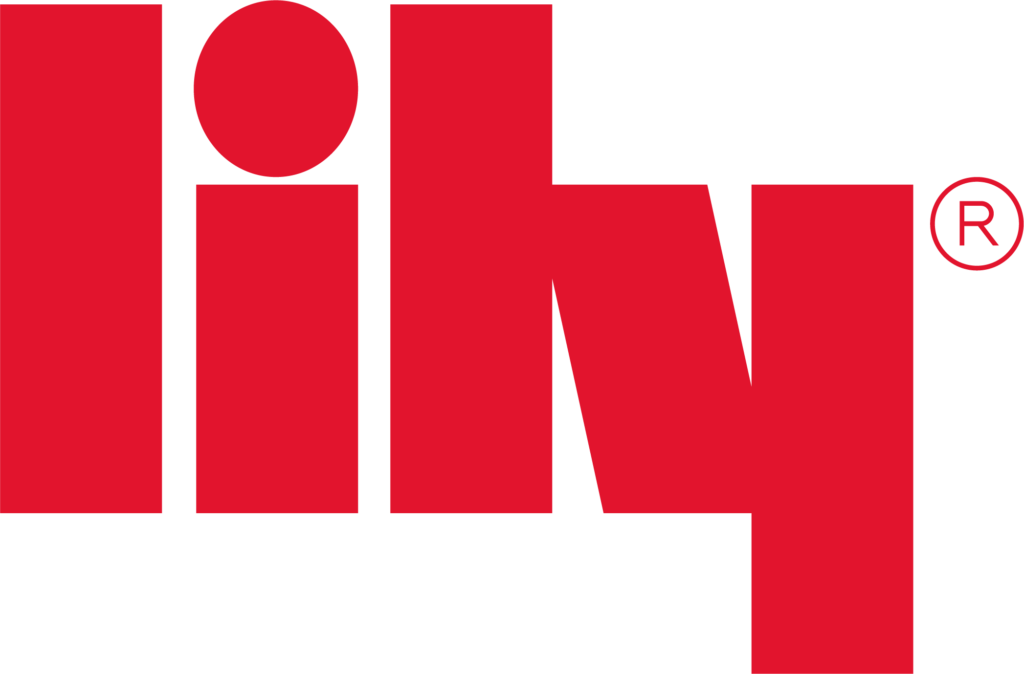In the intricate world of logistics, understanding the nuances of shipping options is crucial for companies aiming to optimize their supply chain. Two terms that often crop up in the industry are dedicated contract carriers and dedicated truckload services. While they may sound similar, they cater to different business needs and operational models. Let’s delve into the key differences to guide transportation decision-makers in selecting the right dedicated trucking contracts for their enterprises.
The Essentials of Dedicated Contract Carriers
Relationship building can be a fundamental aspect of commerce, and if your business is looking for lasting solutions, a dedicated contract carrier (DCC) might be the ideal option. DCCs are a logistics solution where a company enters into a long-term agreement with a carrier for the exclusive use of trucks, drivers, and other resources. This arrangement guarantees the availability of a fleet and obligates the carrier to manage all aspects of the operations, including maintenance, insurance, and driver employment.
For a more thorough understanding of DCC services as opposed to other trucking solutions, you have to look at the details. The following are key benefits you can expect when choosing a DCC to streamline your shipping operations.
Consistency and Reliability
Partnering with a DCC means you’re entering into a dedicated trucking contract with a carrier who will dedicate their resources to meet your transportation schedule and needs. This is especially beneficial for companies that have large volumes of cargo that need to be moved frequently. The stability and predictability of having an assigned fleet and drivers who understand your business can enhance service reliability and load efficiency. You’ll often find that drivers from dedicated trucking contracts become an extension of your company’s operations.
Strategic Partnership and Customization
Engaging in a long-term partnership allows companies to build strong bonds with their carrier, fostering an environment that can be tailored to your specific needs and business goals. This level of customization can include specialized equipment or adherence to high service standards. When you’ve created a relationship and consider your carrier to be a strategic extension of your business, you can set expectations and objectives that are higher than ever before.
The Flexibility of Dedicated Truckload Services
Dedicated truckload services or dedicated truckload carriers (DTC) often eschew the long-term commitment of DCC solutions. As a more flexible approach, businesses will often choose this option for short-term or smaller projects. This solution typically does not promise the exclusive use of vehicles but offers a level of dedication in terms of capacity and routing. Let’s take a closer look at the unique advantages of DTC services.
1. Scalable and Adaptive Options
Versatility and flexibility are the prime value-adds that DTC solutions can provide. This option is particularly attractive for companies with varying shipping requirements because it allows them to adapt to seasonal volume changes or unpredictable market demands without being tied into long-term agreements.
2. Cost-Effectiveness and Availability
By spreading the operational costs across multiple shippers, dedicated truckload services can offer more competitive pricing, especially for companies that do not have the volume to fill an entire fleet. The shared nature of the service generally results in faster availability of vehicles compared to dedicated contract carriers.
Choosing the Best Option for Your Business
Deciding between dedicated contract carriers and dedicated truckload services should be driven by your company’s individual needs. Dedicated trucking contracts with DCC providers can be the ideal choice for larger businesses with multiple locations nationwide, requiring a high level of service customization, including volume fluctuations. On the other hand, if your business is smaller, the demand is inconsistent, or you want to avoid long-term financial commitments, DTC might be the perfect solution.
Both carrier services offer unique advantages; aligning these with your logistics strategy is crucial for achieving optimal supply chain efficiency for your business. Whether it’s the stability and consistency of DCC or the flexibility and scalability of DTC, understanding and choosing the right carrier can fortify your business operations and help you stand out in the highly competitive world of commerce. The potential to unlock significant economic and growth benefits is at your fingertips when you partner with the right carrier.

